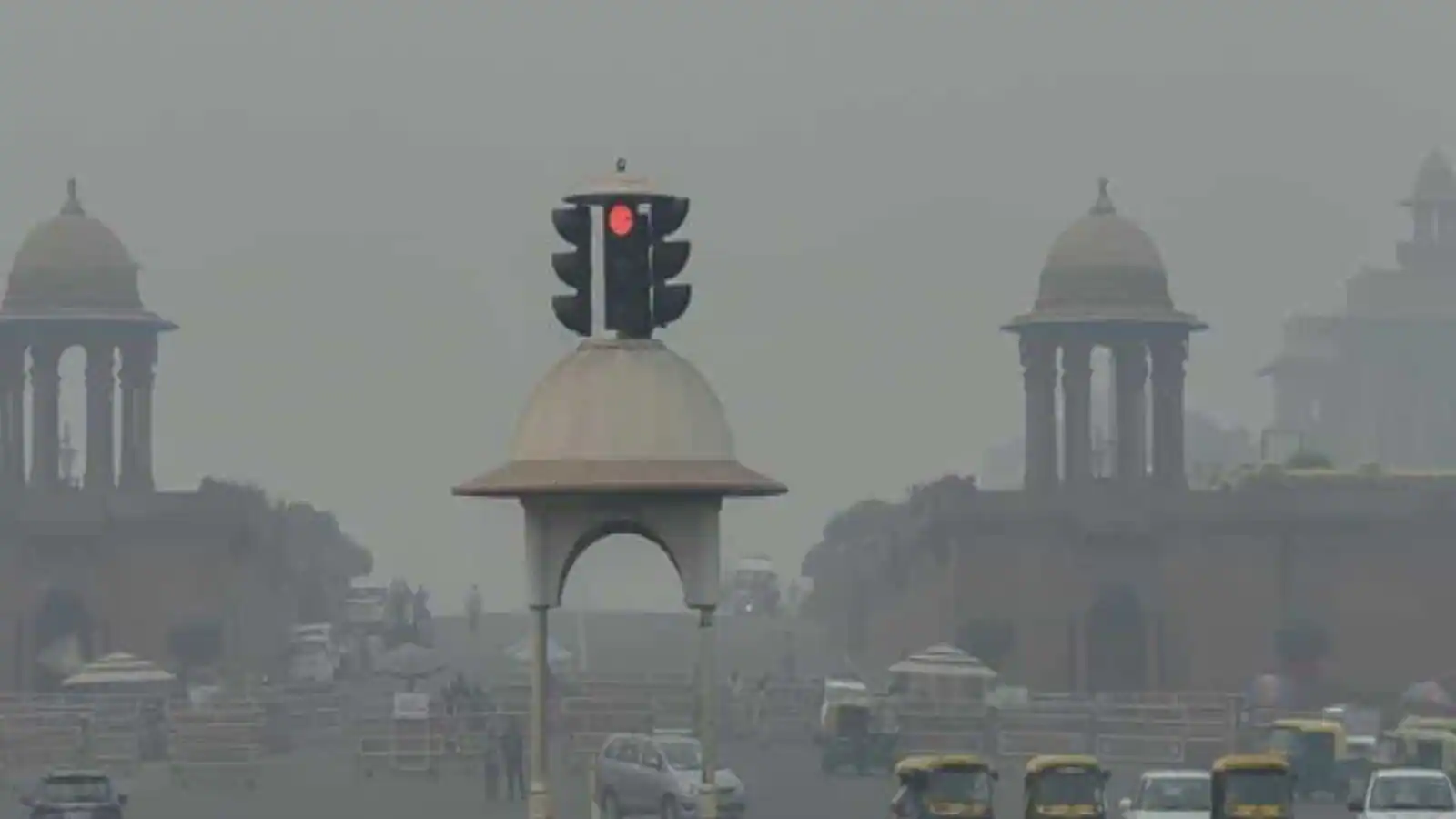BS-III petrol and BS-IV diesel cars can’t ply when AQI hits severe category
Context :
To tackle air pollution, the Commission for Air Quality Management in Delhi and the National Capital Region (NCR) amended the Graded Response Action Plan (GRAP).
What is Commission for Air Quality Management (CAQM)?
- Establishment of CAQM: The “Commission for Air Quality Management in National Capital Region and Adjoining Areas Act 2021” created the CAQM, a statutory authority. The Act, which was signed into law by the president in August 2021, repealed an earlier ordinance that had been issued by the government in April 2021.
- Objective: The National Capital Region (NCR) and its surrounding areas’ air quality concerns are addressed through greater coordination, research, identification, and resolution by CAQM. Regions in the bordering states of Punjab, Haryana, Uttar Pradesh, and Rajasthan are considered adjacent areas.
- Members of CAQM: The commission is presided over by a person with knowledge of pollution prevention or environmental protection. It is made up of a variety of people, including representatives from the CPCB, ISRO, the Environment Ministry, state chief secretaries or secretaries, air pollution specialists, and non-governmental organizations that work to reduce air pollution.
- Previous Bodies: Before the creation of CAQM, several organizations were in charge of managing and monitoring the air quality in the Delhi-NCR area. These included the Environment Pollution (Prevention and Control) Authority (EPCA) of NCR, the Central Pollution Control Board (CPCB), state pollution control boards, and several concerned state governments. These organizations were also under the scrutiny of the Supreme Court and the Union Ministry of Environment, Forests, and Climate Change.
Why was Graded Response Action Plan introduced in certain areas of the country?
- Formulation and Notification: In response to the continually high levels of air pollution in Delhi and the NCR, GRAP was developed in 2016 and formally notified in 2017. The Environment Pollution (Prevention and Control) Authority (EPCA) created it.
- Objective: The main goals of GRAP are to deal with and reduce severe levels of air pollution and stop particulate matter (PM10 and PM2.5) concentrations from going above the moderate range on the National Air Quality Index (AQI).
- Emergency Measure: GRAP functions as an emergency action plan and should only be implemented when the public’s health is in danger due to poor air quality.
- Institutionalized Measures: The plan describes institutionalized measures, which are pre-planned acts carried out by various governmental entities. These actions are taken dependent on how bad the air pollution is.
- Multi-Agency Coordination: To successfully implement the plan and combat air pollution, Delhi, Uttar Pradesh, Haryana, and Rajasthan (areas included in the NCR) must coordinate the efforts of 13 different agencies.
- Preventing Air Quality Decline: The main objective of GRAP is to take proactive measures to stop air quality from further declining and rising to more dangerous levels.
What are the revised measures made by CAQM to the existing GRAP?
- Revised Measures: Revisions to the GRAP have been made by the Commission for Air Quality Management in response to the deteriorating air pollution conditions in Delhi and the surrounding areas.
- Stricter limits on BS-III Petrol and BS-IV Diesel Four-Wheeled Vehicles: As a result of the updated GRAP, State governments are now obligated to place harsh limits on the operation of BS-III Petrol and BS-IV Diesel-powered vehicles in certain locations. Delhi, Gurugram, Gautam Buddha Nagar, Ghaziabad, and Faridabad are among these regions.
- Trigger Point for Implementation: The implementation of stricter restrictions on BS-III petrol and BS-IV diesel vehicles will be triggered when the Air Quality Index (AQI) reaches the 401 mark. AQI in the range of 401-500 falls under the “severe” category, indicating hazardous air quality.
- Earlier Advisory vs. Revised Mandate: Previously, the State governments were given the option to implement these restrictions on BS-III petrol and BS-IV diesel vehicles if they wished to. However, with the revision, it is now mandatory for the State governments to enforce these restrictions when AQI hits 401 or above.
- Prohibition of LCVs: LCVs are not permitted under the “severe+” category, which is triggered when the AQI exceeds 451. The amended GRAP also adds new measures for this category.
- Interdiction of Non-Compliant LCVs: All light commercial vehicles (LCVs) registered outside of Delhi would be prevented from entering the Capital during the “severe+” category. LCVs that do not run on electric vehicles (EVs), compressed natural gas (CNG), or BS-VI-certified diesel variations are subject to this restriction.





